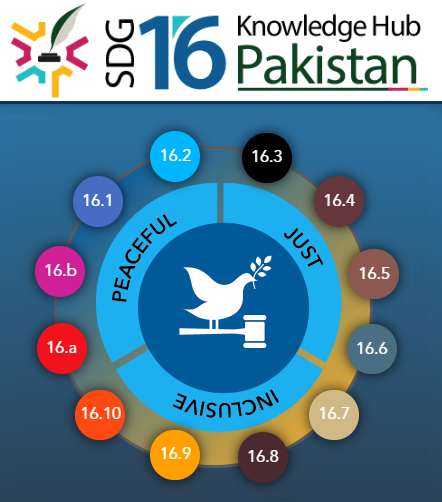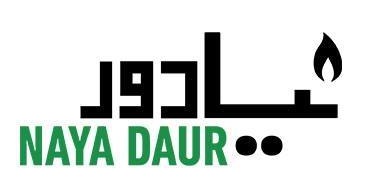The court verdict stated: “We deem it appropriate also to direct the inquiry magistrate to give a finding on the question whether conspiracy to commit acts of terrorism (i.e. the offence which appellant No 2 is alleged to have committed) is an extradition offence so as to attract the provisions of the 1972 Act.”
According to the investigation carried out by the US Federal Bureau of Investigation (FBI), Talha Haroon was in Pakistan in April 2016 and planned multiple terrorist attacks in New York City.
The FBI claimed that with Islamic State (IS) group support, he wanted to carry out Paris-style attacks in New York City around June 2016.
It said the suspects “identified multiple potential targets of their plot to launch terrorist attacks in New York City.” One of the targets was the New York City subway besides Times Square and a concert hall.
On Nov 13, 2015, terrorists carried out a series of coordinated attacks in Paris, France, during a football match. This was followed by several mass shootings and a suicide bombing at restaurants and a concert at the Bataclan theatre. At least 130 people were killed.
The FBI also claimed that Talha Haroon had been associated with the outlawed Taliban before switching his allegiance to the IS group.
An inquiry magistrate in Pakistan in his report dated January 16, 2017, had found a prima facie case for his extradition to the US under the provisions of the Extradition Act 1972.
Idrees Asharaf, the counsel for the father of the suspect, argued before the court that evidence produced before the inquiry magistrate in support of the request for appellant No 2’s extradition was inadmissible.
That the affidavits of the assistant district attorney and the investigating officer are entirely based on communications between an unnamed co-conspirator, an unnamed undercover agent in US, and appellant No 2.
He said in the affidavits filed in support of the extradition request, the depositions of the deponents were based on information provided to them by the undercover agent.
Such information is clearly hearsay in nature and cannot form the basis for an extradition order.
Additional Attorney General Tariq Khokhar argued that the report of the inquiry magistrate holding that a prima facie case for the suspect’s extradition had been made out does not suffer from any legal infirmity.
He said the suspect had conspired to commit acts of terrorism in the US and ample evidence had been brought on record in the form of affidavits to show that he was involved in the commission of an extradition offence.
The suspect in his communication with an undercover agent in the US had disclosed his plan to carry out acts of terrorism in the US.
The court noted that none of the judgments referred to by the single-member bench related to extradition proceedings under the provisions of the 1972 Act.
Additionally, the judgment related to the evidentiary value of an affidavit where the deponent does not appear before a court to make a statement in support of the facts deposed in the affidavit or to be cross-examined during a trial as opposed to inquiry proceedings.
Published in Dawn, August 19th, 2020











